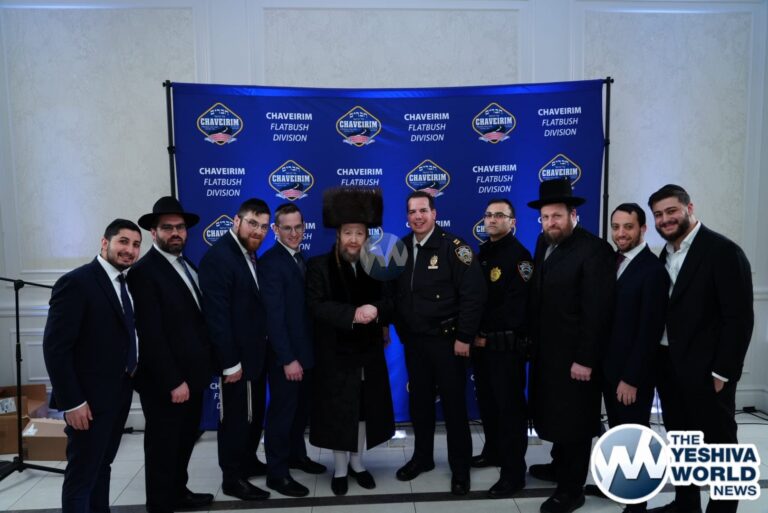 The U.S. Supreme Court declined to take up an Oregon dispute between a father who wants to circumcise his 13-year-old son against the wishes of the boy’s mother.
The U.S. Supreme Court declined to take up an Oregon dispute between a father who wants to circumcise his 13-year-old son against the wishes of the boy’s mother.
The case now goes back to an Oregon trial judge to determine whether the boy wants to undergo the procedure.
James Boldt, a former Southern Oregon resident who converted to Judaism, says his son wants to be circumcised for religious reasons. Lia Boldt claims her son is afraid to tell his father that he does not want to undergo the procedure.
The Boldts married in the early 1990s. She filed for divorce in 1998. The boy initially lived with his mother, but the father later gained custody.
James Boldt started studying Judaism in 1999 and eventually converted. James Boldt claims that as the custodial parent he has a constitutional right to raise his son in his religion.
The Oregon Supreme Court earlier this year did not rule on the substance of the dispute, but said the trial judge needed to determine the boy’s wishes before deciding which parent to side with.
(Source: The Oregonian)











3 Responses
#1 Your question would be relevant if the son was a katan. But as a 13-year-old he is deemed by Jewish law to have the legal capacity to decide whether to convert or not. I cannot imagine a scenario in which a father could force his legally adult child to convert.
We don’t usually find individual members of a family unit converting to Orthodox Judaism. Had the child still be a minor (under 13) at the time of conversion, then Halachically the father could tell the son to convert and could order his circumcision to accomplish the conversion. The order would be for the father to enter the Mikveh and then the son to follow immediately after the father’s Teviallah, with minor daughters going after their father and brothers have left the Mikveh.
Unlike an adoption, a minor child who converts with her/his natural father cannot opt out at 12/13.
I’m uncertain what the first commenter meant by asking about chesed.
A 13-year old man may not be converted unless he is willing to convert. Indeed it would be 100% assur to perform a bris milah, even a hatafas dam, on him if he were unwilling.
Aryeh: I think you’re right as far as Jewish law is concerned. If the case were only as stated in the article here, the decision of the Oregon Supreme Court would be hard to square with relevant law. Looking at the petition for certiorari, I found that the father had full custody of his son. Under that circumstance, ordinarily there is no question that the parent with custody gets to make all health and religion decisions for the child. Cases of joint custody generally favor the parent who is the primary custodian of the child. Feldman v. Feldman, 874 A2d 606, 611 (Pa. 2005). However, when the case came to the Oregon court, it was on the mother’s petition to have custody changed in light of the drastic change in circumstances in the home (switch of religion and father’s desire to have circumcision performed on the son). The Oregon Supreme Court held that the trial court erred in not considering the mother’s petition without first asking the son what he wanted. 176 P3d 388 (Ore. 2008).